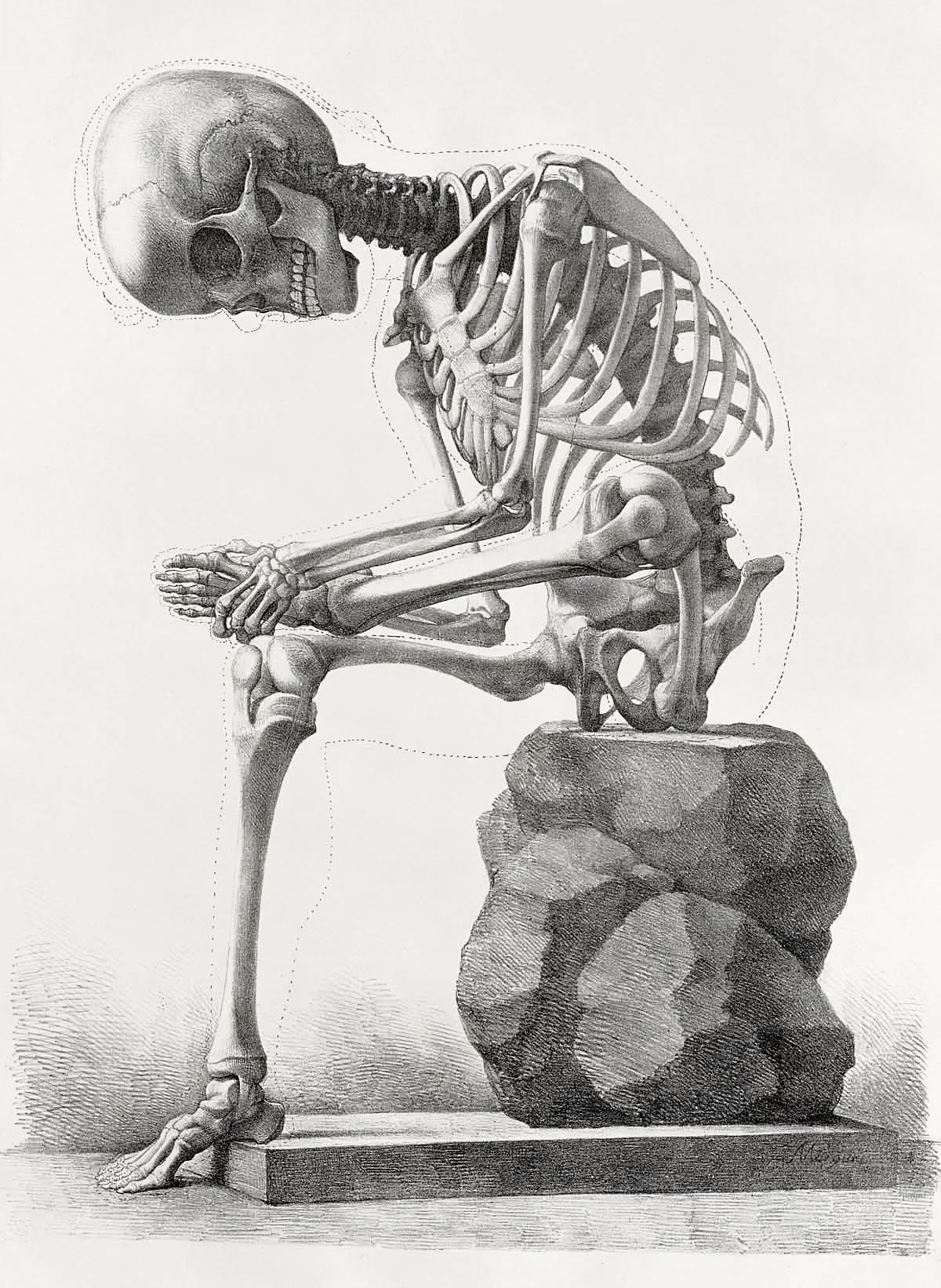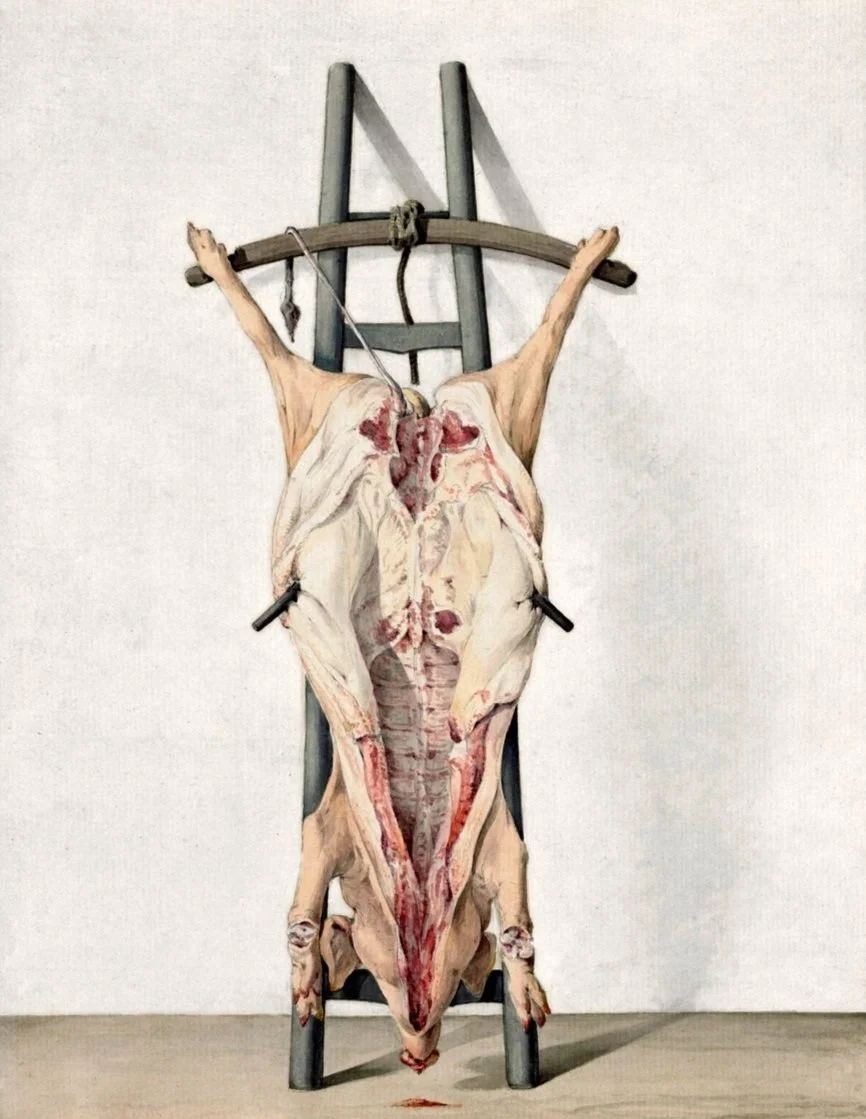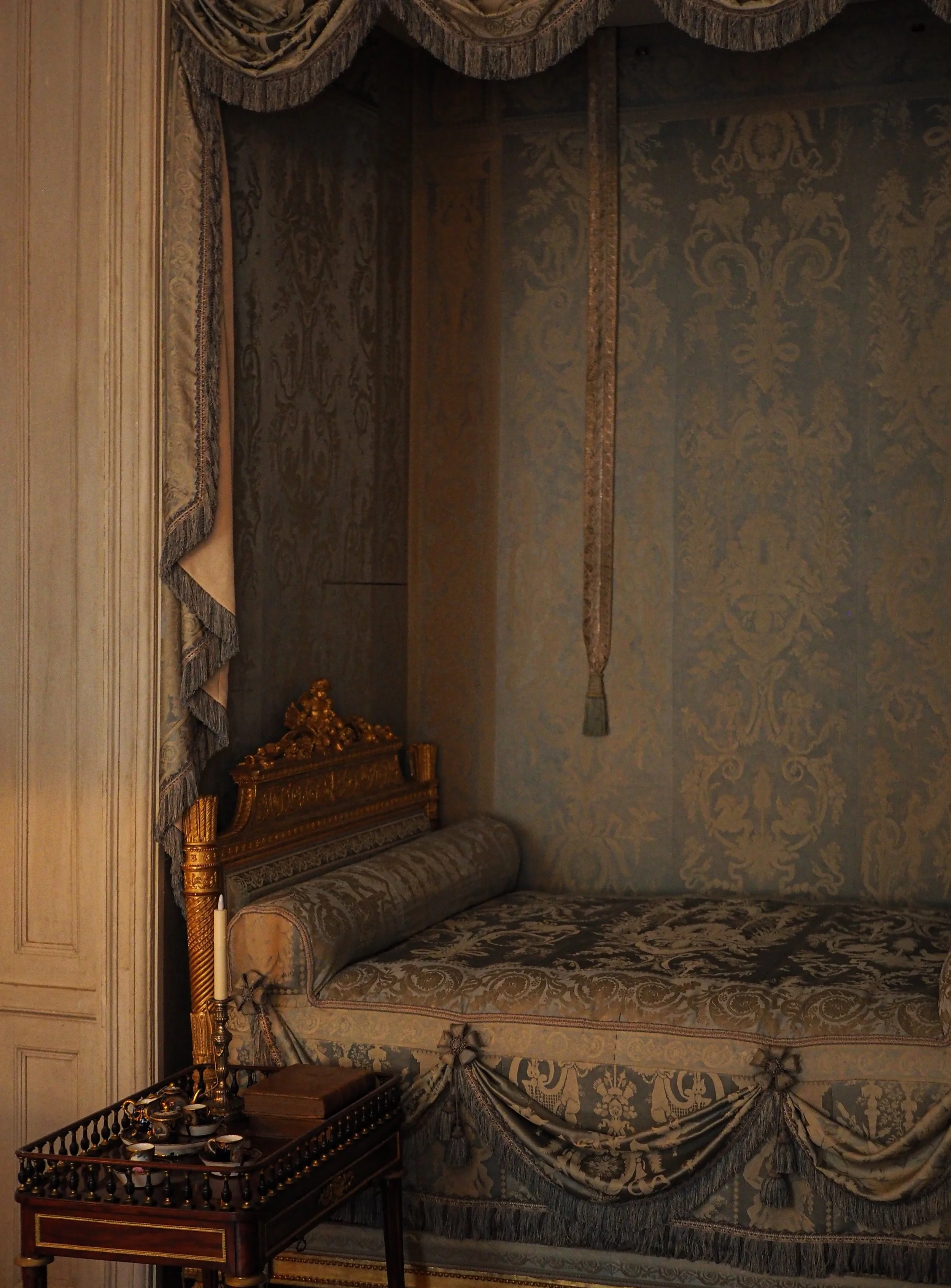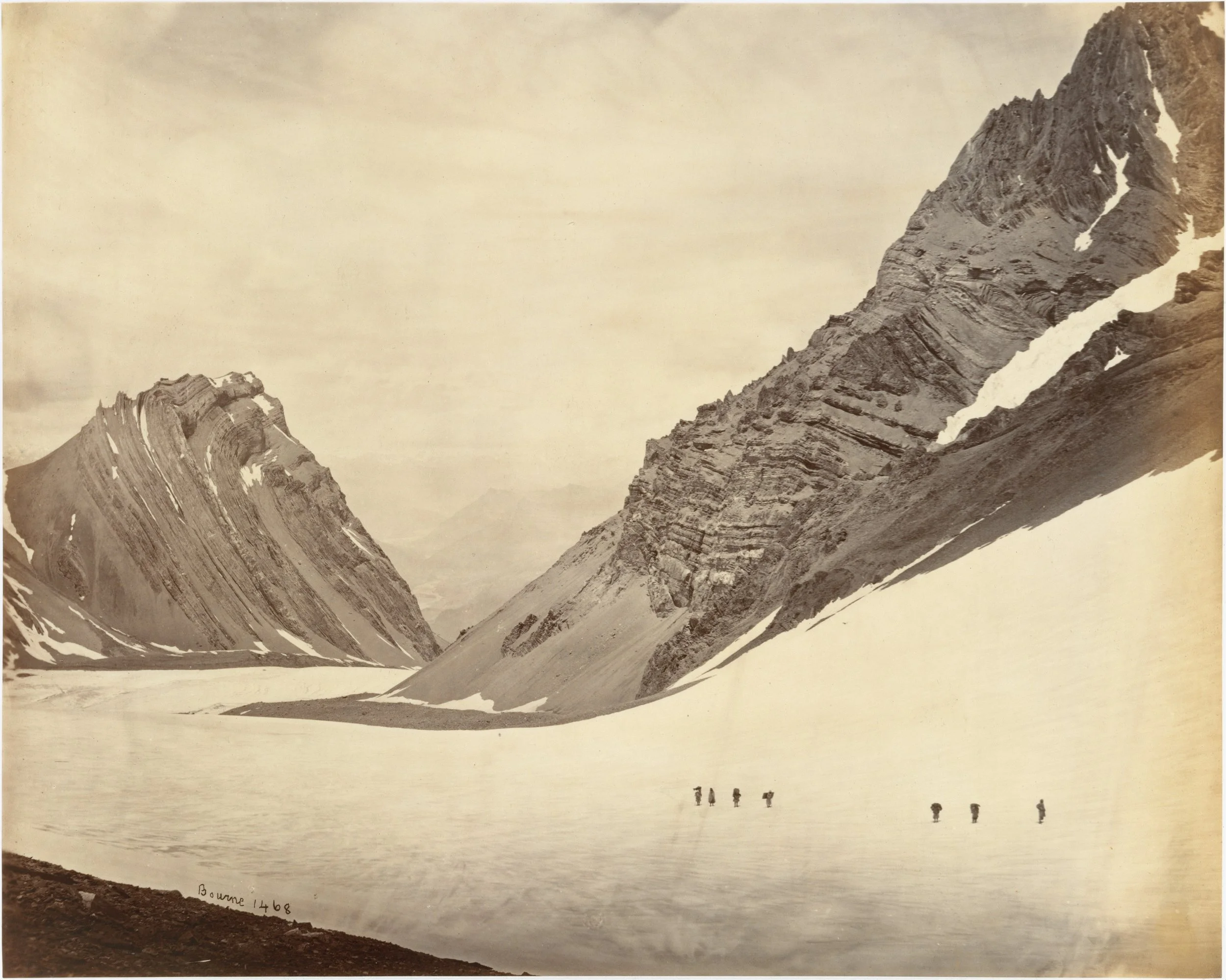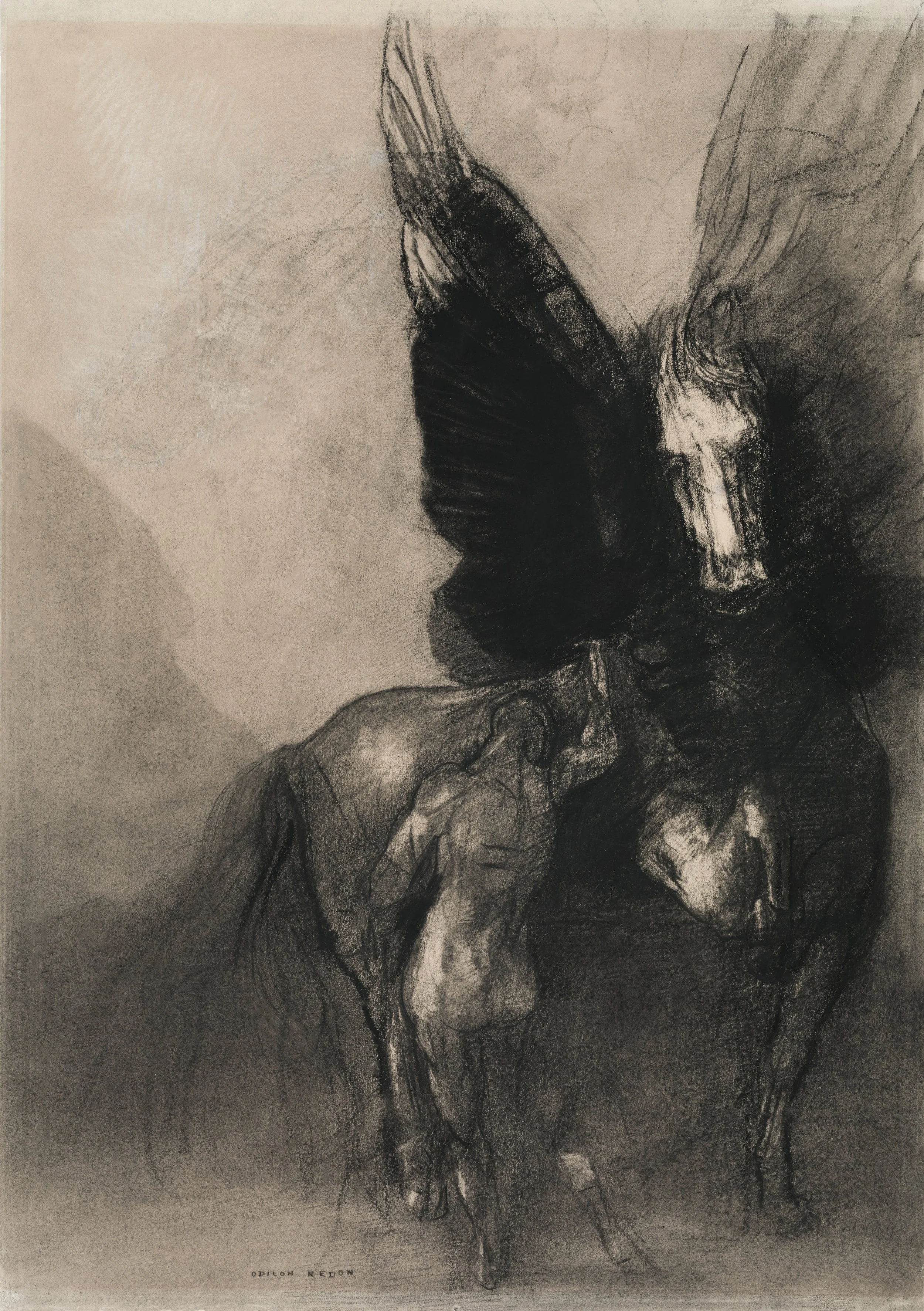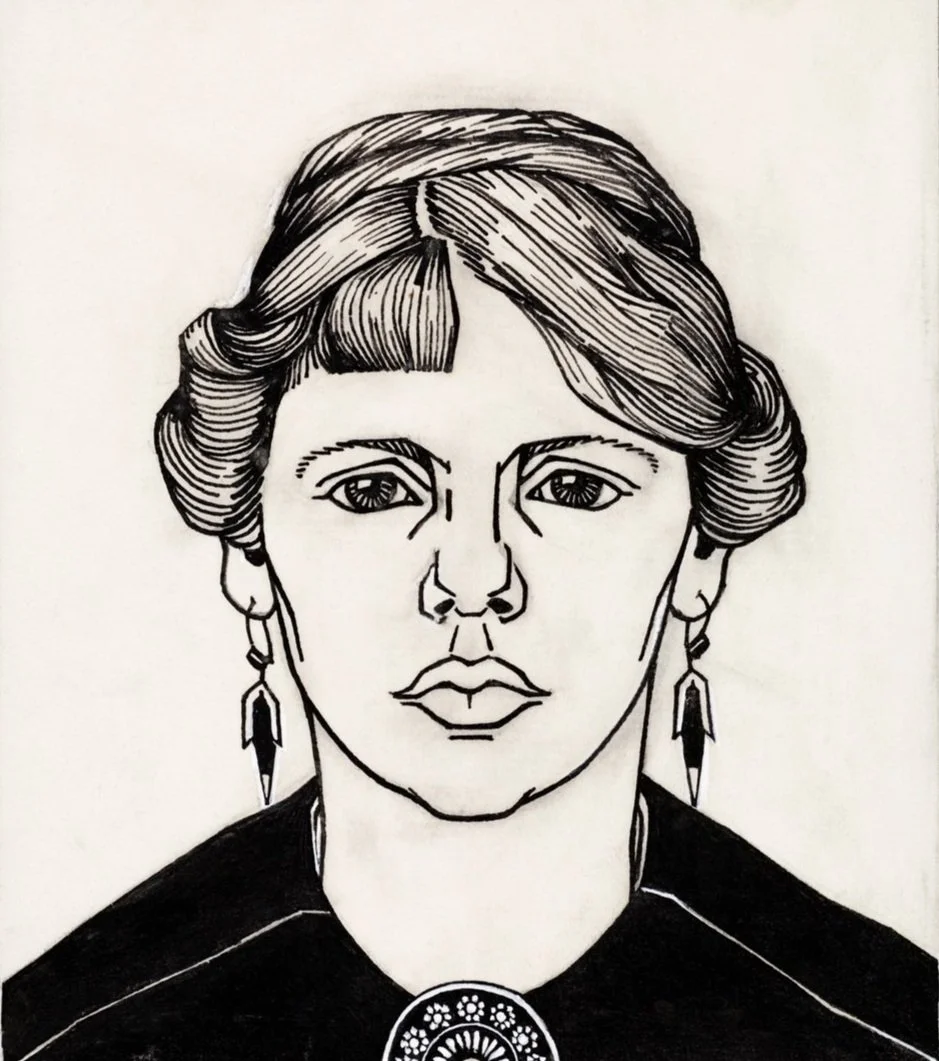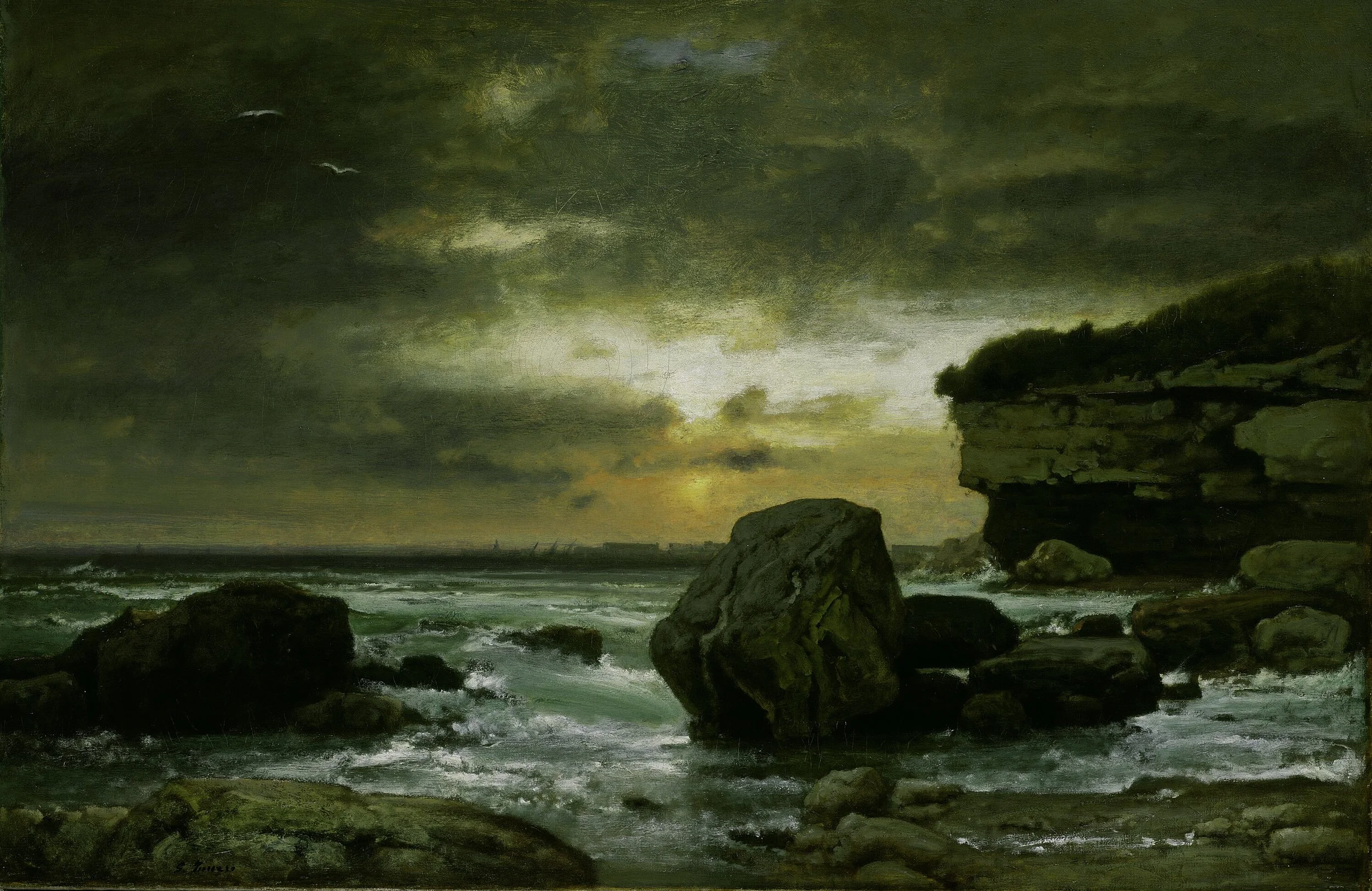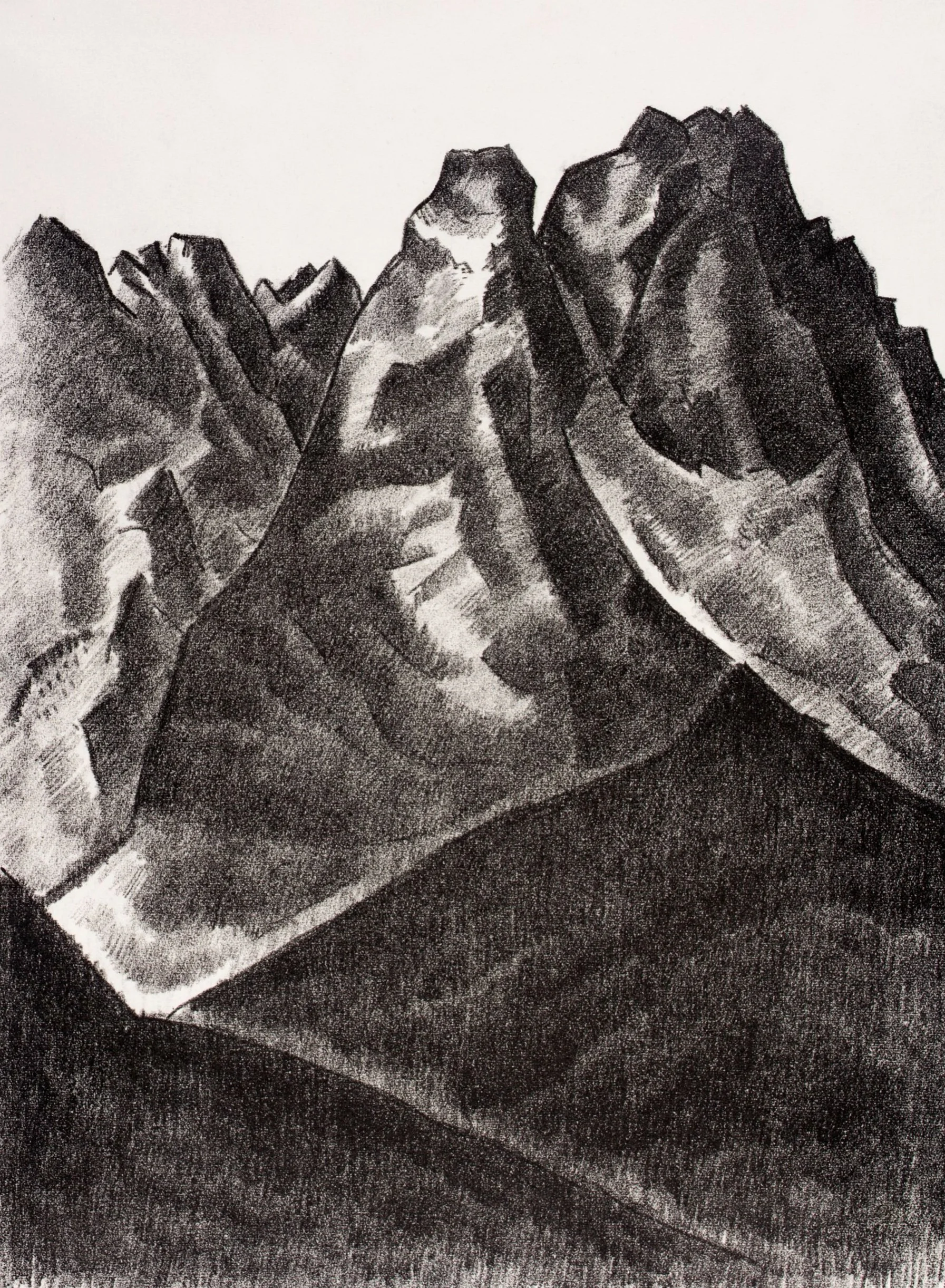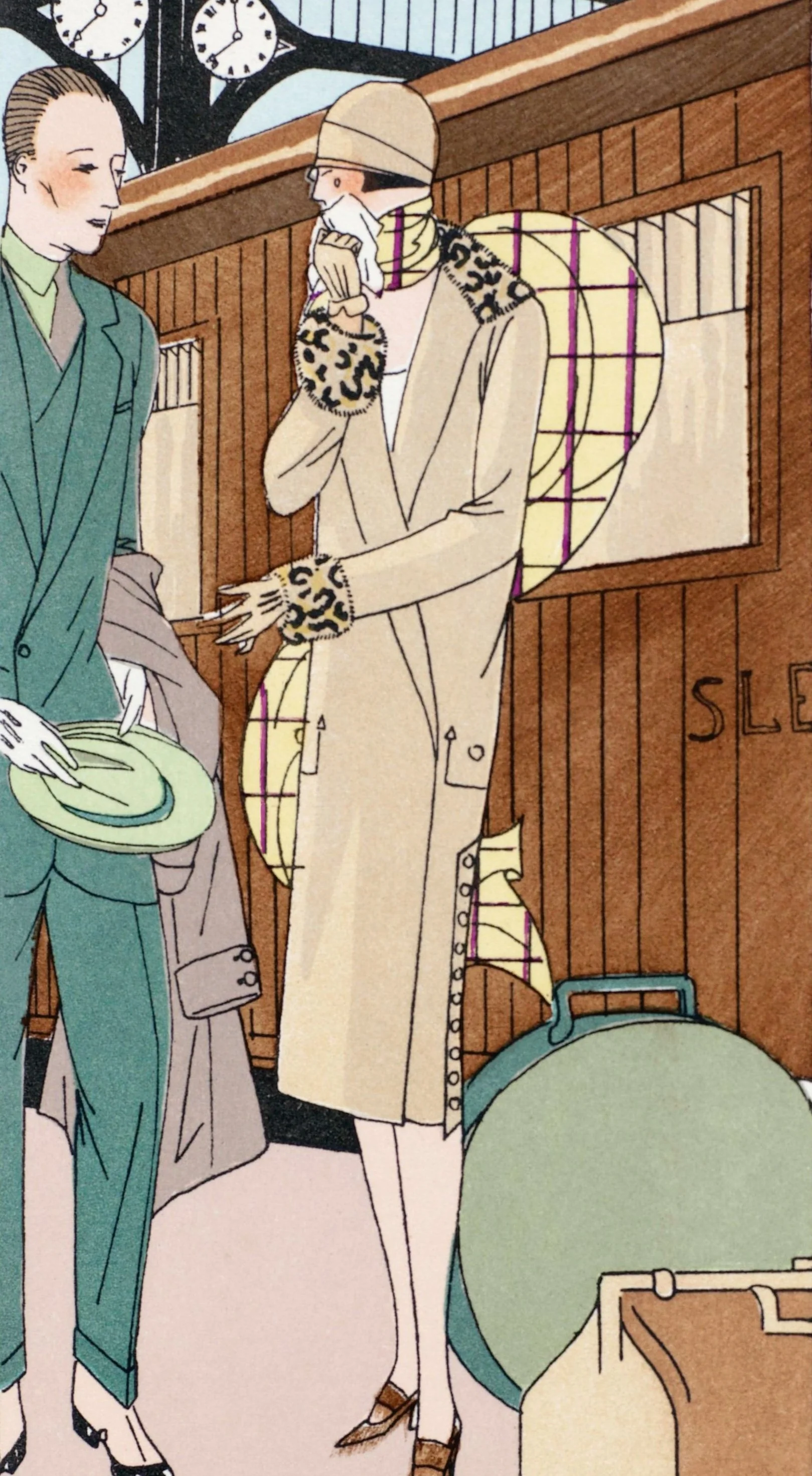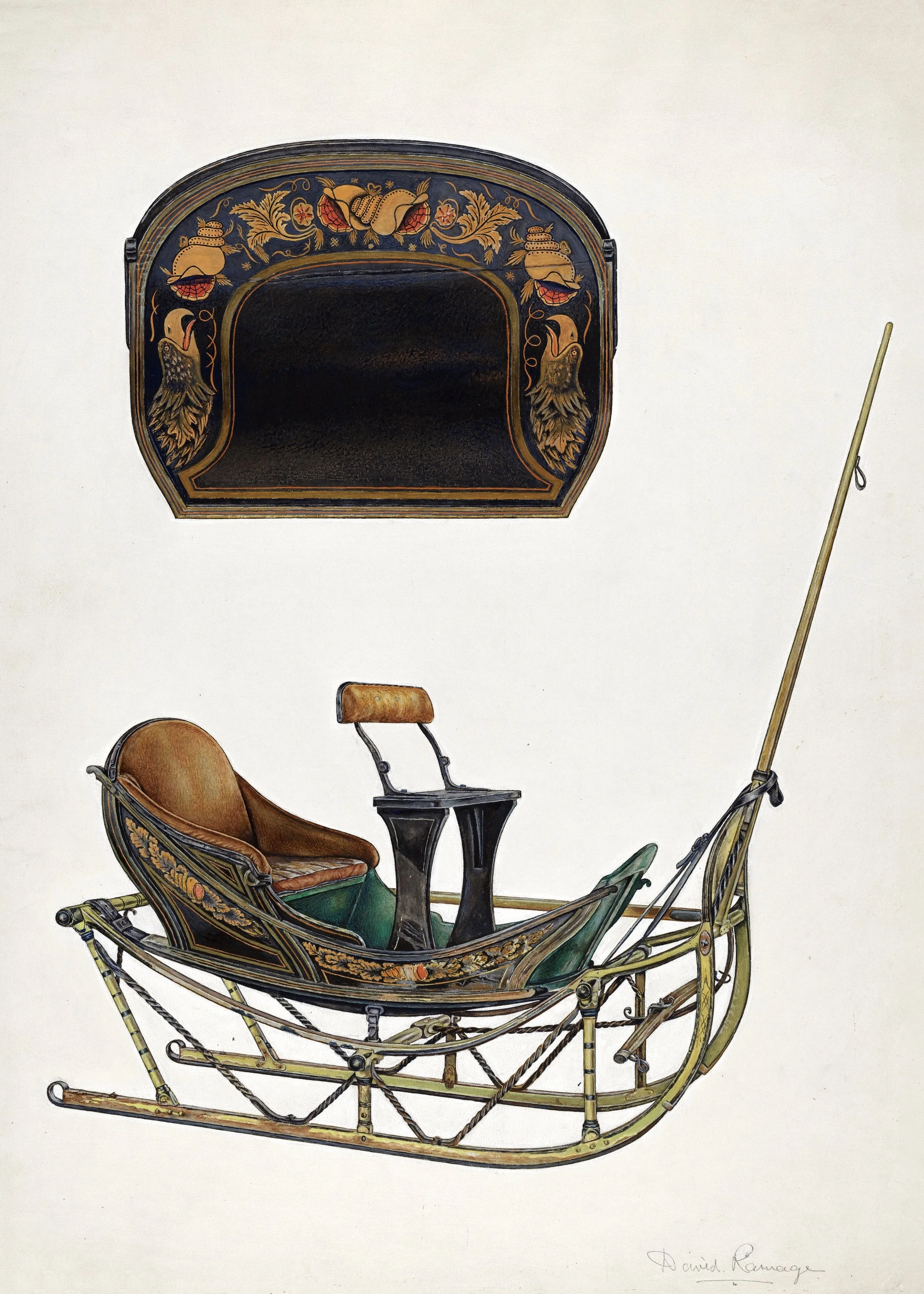
The Kingdom of the Greedy
First published in The Children’s Book of Thanksgiving Stories in 1915, this French fairy tale by P. J. Stahl tells of a kingdom so obsessed with sweets that their king orders a colossal tart to satisfy them, only for indulgence to bring ruin. A gently comic lesson in moderation and gratitude.
The Thanksgiving Goose
In Fannie Wilder Brown’s The Thanksgiving Goose, a boy’s complaints about his Thanksgiving dinner lead him to a neighbor’s bustling kitchen, where a family with little to spare is joyfully making mince pies. Their simple gratitude teaches him a quiet lesson in thankfulness, just in time for the holiday.
The Shunned House
Set in the damp heart of Providence, The Shunned House unfolds as both antiquarian mystery and metaphysical horror: a scholar and his uncle trace a lineage of decay to the cellar of an old home, where something beyond science feeds on human life. Lovecraft turns local history and rational inquiry into instruments of dread, ending with a quiet, corrosive triumph that feels less like victory than survival.
The Magic Shop
A strange shop appears on Regent Street, offering real magic, but only to the right sort of child. In this hauntingly playful tale by H. G. Wells, a boy and his father cross the threshold into a world where toys come to life and reality folds in on itself. The trick, it seems, is deciding what to believe once you're back outside.
The Haunted House
Dickens’s 1859 Christmas “haunted house” turns out to be less about specters than about how rumor and memory haunt the living. A skeptical narrator debunks village frights and, in Master B.’s garret, meets the truest ghost of all.
The Old Mansion
A grand seaside hotel once filled with gaiety, the Old Mansion fell into ruin after a tragic shipwreck, whispers of looted dead, and ghostly visions of drowned mothers and children. Today, only charred timbers and haunted memory linger on the dunes of Long Beach.
My Christmas Dinner
In contrast to the boisterous abundance celebrated in Dickensian feasts, this story lingers on the dissonance between expectation and experience, capturing the melancholy of a solitary holiday meal with understated precision. The author, unnamed, delivers a narrative that winks at Victorian propriety even as it peels back the veneer of seasonal civility.
The Christmas Gift
Richmal Crompton sidesteps sentimentality to deliver a quietly devastating portrait of holiday sacrifice and emotional restraint. With her signature precision and moral subtlety, Crompton reveals the unspoken costs of duty, where love is measured not in grand gestures, but in the quiet erasure of one’s own desires.
Jarley's Thanksgiving
John Kendrick Bangs transforms suburban domestic life into farce, charting one father’s descent from hopeful holiday rest to bruised, bedraggled chaos at the hands of an overzealous son and a rogue football. Beneath the slapstick lies a sharp, affectionate satire of middle-class aspiration, parental exhaustion, and the quietly heroic art of enduring family life with humor intact.
The Curious Case of Benjamin Button
A man is born old and grows younger — an elegant conceit that lets Fitzgerald turn time on its head. The Curious Case of Benjamin Button is at once slyly comic and quietly mournful, a tale that uses fantasy not to escape reality but to sharpen its outlines.
The Encantadas; Or, Enchanted Isles
In The Encantadas, Melville charts the Galápagos not as paradise, but as a scorched, godless archipelago where time stagnates and morality decays. The sketches drift between travelogue and metaphysical lament, revealing a world where human vanity erodes against volcanic stone, and the sublime is as indifferent as it is infinite.
The Garden Party
Katherine Mansfield’s The Garden Party is a shimmering example of modernist short fiction, a narrative that glides gracefully on the surface of a single day while plunging into the unsettling depths of class, mortality, and self-awareness.
The Roman Bath
Time folds quietly in this story, where literary memory, travel fatigue, and spectral suggestion converge in a single, tepid plunge. More hallucination than haunting, the tale lingers in the space between homage and invention, offering a ghost not of the dead, but of the books we carry with us.
Hills Like White Elephants
The sun hangs heavy over a dry rail station, and two travelers circle the edge of a conversation they cannot quite have. What’s at stake is everything—and nothing—spoken in the flat, disarming cadences of a man who wants a problem to disappear, and a woman who knows it won’t.
The Excursion
Set aboard the steamboat Fall of Rome during a lively excursion, the story captures the absurdities of social posturing, class dynamics, and familial tensions through the misadventures of Mrs. Tuttle, her ostentatious pet parrot, and a cast of vividly drawn townsfolk.
Mademoiselle Fifi
Guy de Maupassant’s Mademoiselle Fifi is a taut and scathing short story that captures the brutal absurdities of war and the quiet defiance of the oppressed.
Mother Sauvage
In Mother Sauvage, Maupassant strips war of its grandeur to reveal the private, brutal calculus of grief and vengeance. With unsparing restraint, he crafts a tale in which maternal sorrow becomes indistinguishable from moral reckoning, and mercy flickers out like a match in the snow.
The Blizzard
Pushkin unfolds a tale of fate and farce, where miscommunications and misfired intentions dance through a snowbound night with operatic irony. What begins as a romantic elopement collapses into absurdity, only to resolve years later with a twist as swift and cold as the storm that started it.
Two Thanksgiving Day Gentlemen
O. Henry serves up a wry, melancholic feast in this portrait of ritual charity and quiet hunger, where tradition masks necessity and generosity walks hand in hand with pride. In just a few turns of his well-laced prose, sentiment curdles into irony—and back again—without ever losing the ache beneath the surface.
John Inglefield’s Thanksgiving
Hawthorne stages a Thanksgiving reunion suffused with warmth, shadow, and moral ambiguity, as a wayward daughter returns home not for absolution, but for a fleeting resurrection of the self she once was. In a tale where firelight and familial grace briefly hold darkness at bay, the parting is inevitable, and final, as sin reasserts its claim with a chilling clarity only Hawthorne dares render so gently.

















